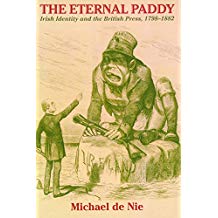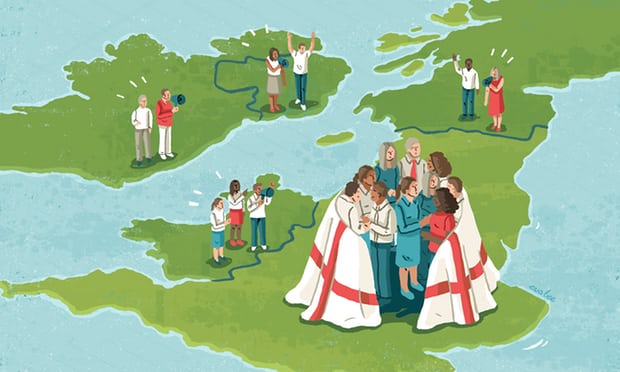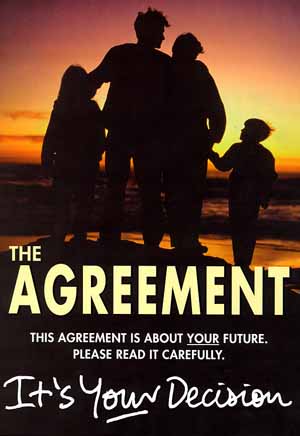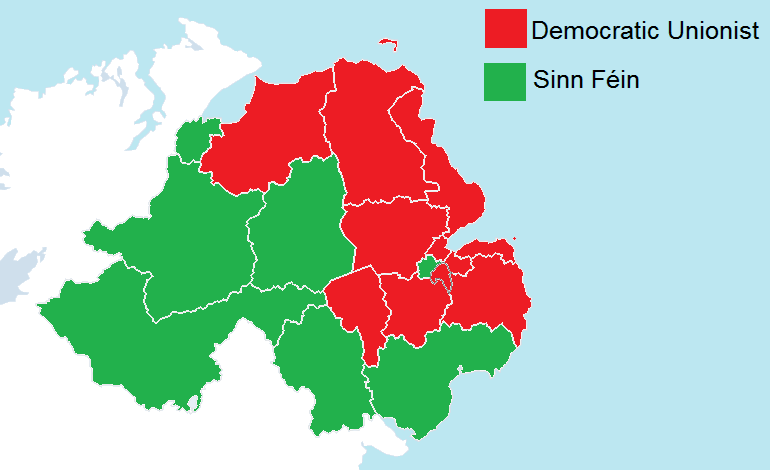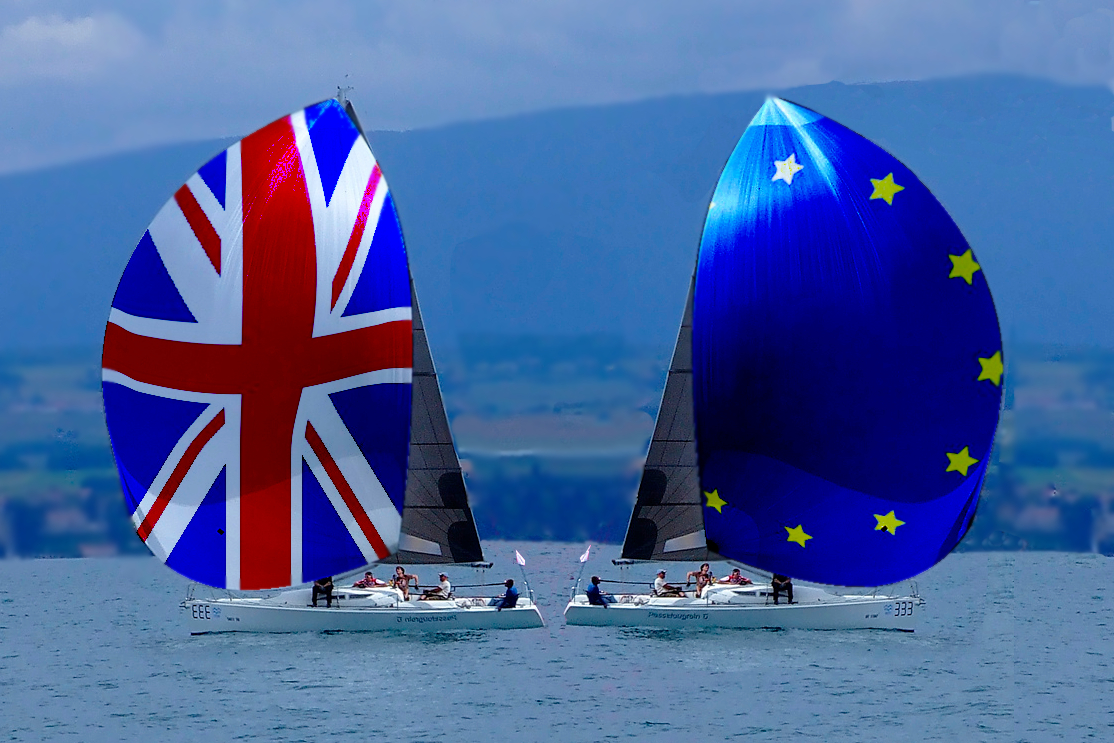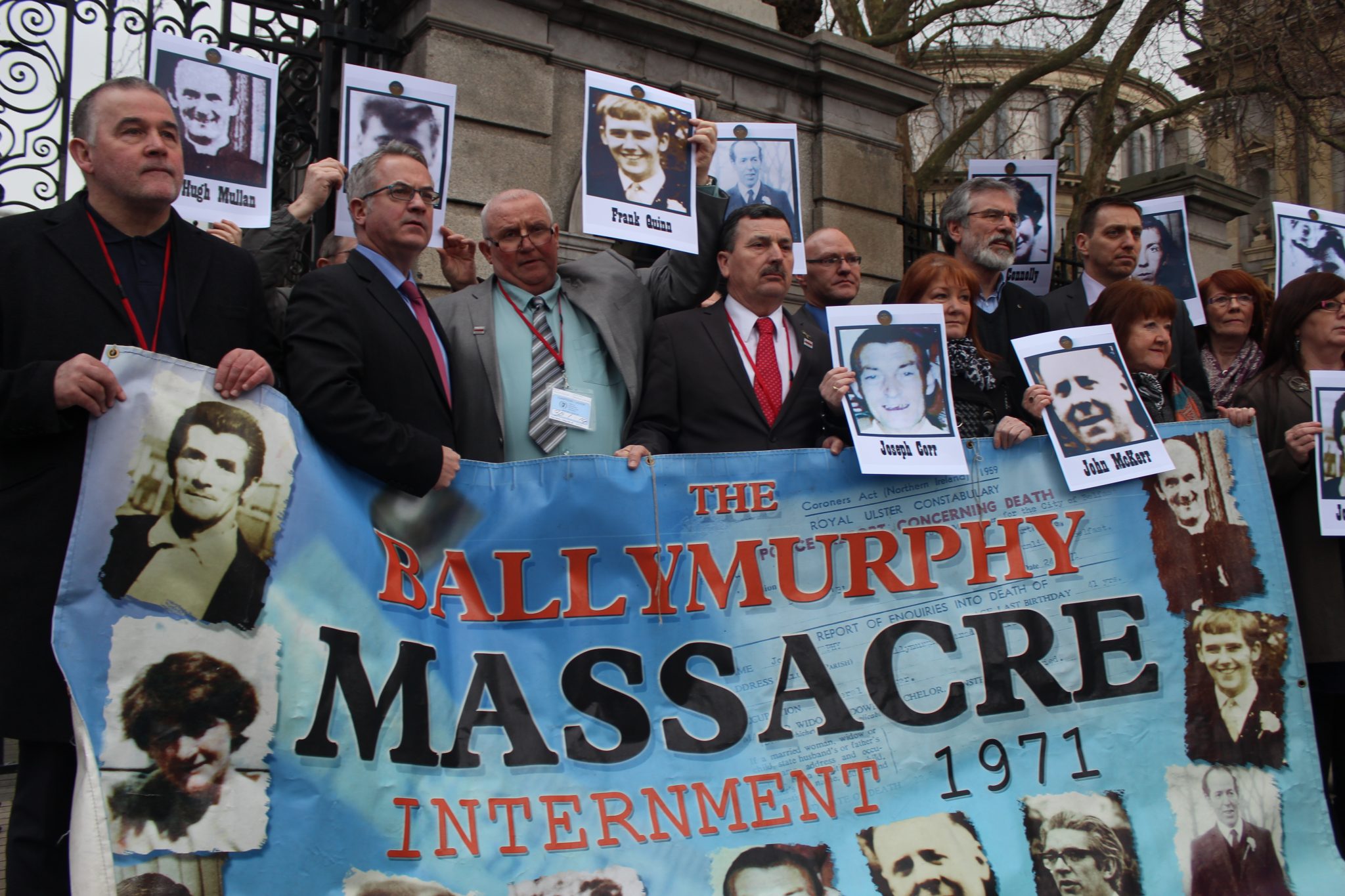The Ulster-born, Oxford-based historian Ian McBride has published what I take to be the essence of his evidence to the government’s consultation on dealing with the past. He discusses the potential role for professional historians in the proposed institutions prescribed for dealing with oral history, information retrieval and identifying themes and patterns in events. He takes for granted that Sinn Fein are winning the battle of the narratives. This is hardly surprising. In a new era where “equality” between peoples and traditions is a legal requirement, unionists persist in playing a zero sum game they’re bound to lose, in which every nationalist or republican gain is written down as a unionist loss. The answer is not merely to provide a contrived balance but to tell fuller stories with an open mind. Thus, the exposure of collusion is complemented by an account of success in infiltrating the IRA.
While the suggested list of themes is far from exhaustive, it goes straight to the heart of many controversies and follows the line of the best investigative journalism. However while concentrating on the causes celebres on all sides of the conflict, he fails to mention the essential political contexts behind them, without which many of them might seem “random” or “mindless”. The absence of other than self serving insider accounts of state strategy and tactics is also a yawning gap waiting to be filled.
McBride argues for a bigger role for historians than the government envisages. They have prescribed fairly tight control by government or government appointees for all the usual reasons, plus the additional one of trying to allay fears that the local parties would lose all control over the process.
While McBride incidentally challenges these restrictions, he is more concerned here to establish historians’ credentials than describing the essential requirements for exercising them. His appeal is professional and non-partisan, while insisting (over- apologetically perhaps, to head off partisan retorts), that everyone brings a background to their work, consciously or not. His case can credibly be set alongside the high reputation of the writing of contemporary Irish history. His one anxiety is that a professional approach would be too dull (my word) for the general reader and register little impact on political debate. He would redress this in part by being unafraid to make moral judgements – in other words, concluding who on the basis of the evidence in different cases bears the greater blame. Risky as this would be, it brings the themes down to human level. But it raises the fundamental question: can history, especially recent history,
Former BBC journalist and manager in Belfast, Manchester and London, Editor Spolight; Political Editor BBC NI; Current Affairs Commissioning editor BBC Radio 4; Editor Political and Parliamentary Programmes, BBC Westminster; former London Editor Belfast Telegraph. Hon Senior Research Fellow, The Constitution Unit, Univ Coll. London


